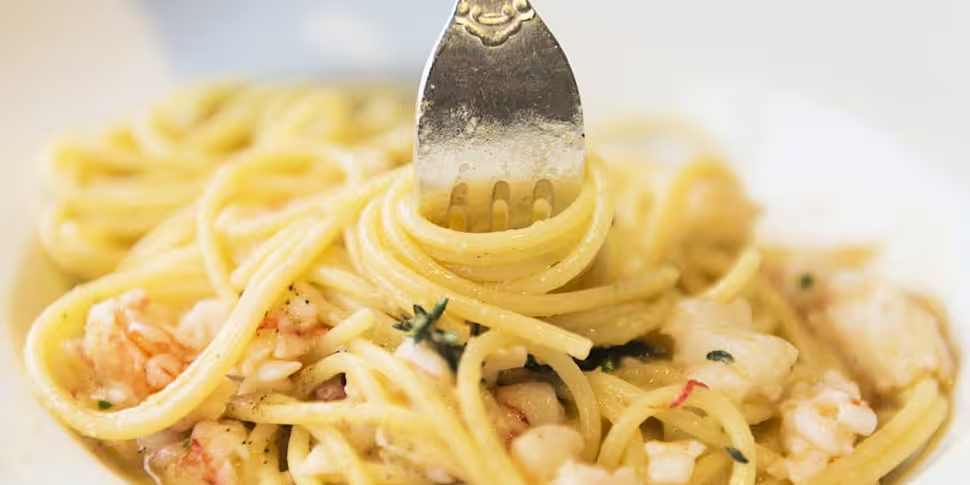Pasta is one of the most well-loved, comforting and versatile ingredients.
It's cheap and filling, making it an attractive food for those trying to be smarter with money.
If you want to take it one step further and save on energy bills too, perhaps consider this physicist's technique for cooking pasta.
Dr David Fairhurst and his team at Nottingham Trent University have found that pasta with a 10-minute cook time only needs to be on the heat for five.
For the last five minutes, turn the heat off and cover.
The technique proved controversial with some chefs, but Dr Fairhurst had his students put the method to the test.
He told Moncrieff: "There was some chefs who were like, 'that pasta will not taste so good'. We didn't get on board Michelin star chefs to test our pasta. We were just trying it ourselves."
"We did try that method. It worked okay, we found, as long as you didn't have too much pasta in the pan."
"If there was too much, it would start to stick together."
He said that as long as you avoid this, you won't be able to tell the difference from your usual dish.
The science
Dr Fairfurst explained the science behind this method that makes it generally successful.
"So one thing that happens is the pasta soaks up the water", he said.
"So you start with your dried pasta, the water soaks in and has to soak all the way to the middle, and so that's process one."
"Of course, we're talking dried rather than fresh pasta."
The second process that is required to cook pasta properly is heat.
"The heat needs to get from the outside, from the water, into the middle", Dr Fairhurst explained.
The heating process breaks down the protein in the pasta, making it taste better.
"If you don't heat, they're completely inedible", he said.
Pre-soaking
Another way to make pasta cook faster, requiring less heat is by soaking it beforehand.
"There's gonna be people there listening going, 'what? You don't do that surely', but it really does work", he explained.
"So you take normal spaghetti, for example, and you soak that for something like two hours in cold water beforehand, and it swells, but it certainly hasn't cooked yet."
In this case, he says, water may not be required at all.
Cold sauce can be added to the pasta and heated up together. By the time it's hot, the pasta is cooked.
Listen back to the full conversation here.
Main image shows a fork in a pasta dish. Picture by: Mats Silvan/Zuma Press/PA Images









